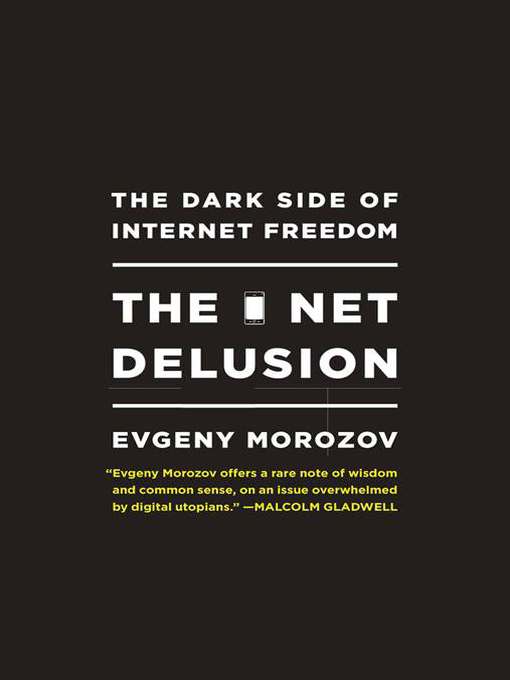"The revolution will be Twittered!" declared journalist Andrew Sullivan after protests erupted in Iran. Yet for all the talk about the liberalizing force of the internet, regimes in Iran and China are as stable and repressive as ever. In fact, authoritarian regimes are effectively using the internet to suppress free speech and democracy. What's more, the latest research shows that greater access to information pacifies a population as much as it incites it to revolution. If we in the West are to promote liberal ideals, we'll have to do more than fund Facebook. In this book, blogger and social commentator Evgeny Morozov tackles these issues with relentless energy and analytical savvy. Marshalling a compelling set of case studies, he shows why we must stop thinking of the internet and social media as instant cures for repression, and how, in some cases, they can even threaten democracy.
- Available now
- All eBooks
- New eBook additions
- New kids additions
- New teen additions
- Most popular
- Try something different
- See all ebooks collections
- Most Popular Audiobooks
- All Audiobooks
- New audiobook additions
- New kids additions
- New teen additions
- Most popular
- Try something different
- See all audiobooks collections


